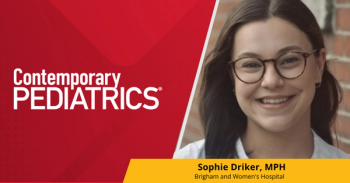
Peanut butter protects against breast disease
Preadolescent and adolescent girls who frequently eat peanut butter or peanuts may lower their risk for benign breast disease (BBD) as young women by about 39%.
Preadolescent and adolescent girls who frequently eat peanut butter or peanuts may lower their risk for benign breast disease (BBD) as young women by about 39%.
In fact, a daily serving during adolescence of any food that is high in vegetable protein and vegetable fat, such as nuts, beans, lentils, soybeans, and corn, may lower the risk for BBD in young adulthood by about one-third, according to
Researchers included just over 9,000 girls between the ages of 9 and 15 years in 1996 participating in the Growing Up Today Study. The girls completed annual questionnaires about the food they ate until 2001 and then again in 2003, 2005, 2007, and 2010.
Beginning in 2005, the participants, who were now aged between 18 and 30 years, reported on whether they had ever been diagnosed with BBD that was confirmed by breast biopsy.
The researchers found that girls aged 9 to 15 years who regularly ate peanut butter or nuts were about 39% less likely to develop BBD by age 30 than those who never ate those foods.
A
To get weekly clinical advice for today's pediatrician,
Newsletter
Access practical, evidence-based guidance to support better care for our youngest patients. Join our email list for the latest clinical updates.






